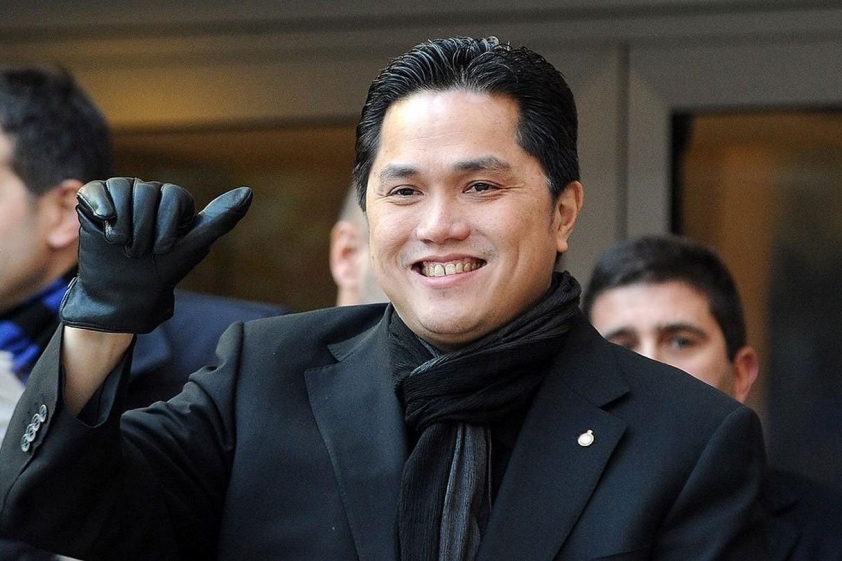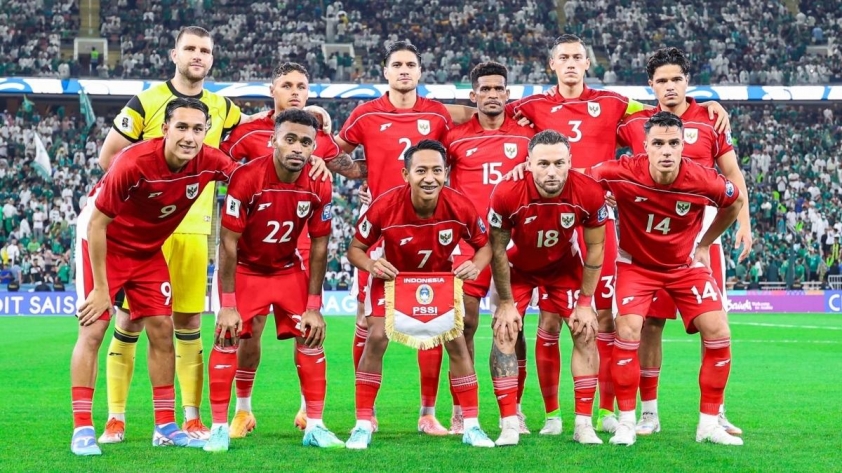Indonesian Media: 'Once naturalized, we must fully commit'
Following the setback in the 2026 World Cup qualifying campaign, Indonesian football is confronted with a critical question: how should the national team be developed moving forward?
Indonesia's naturalization policy began to gain momentum under the former PSSI chairman Mochamad Iriawan but truly accelerated when Erick Thohir took charge. Under Erick’s leadership, the Indonesian team featured a significant number of players of Indonesian descent raised in Europe, enough to form a complete starting lineup along with a strong bench.
However, after the team failed to qualify for the 2026 World Cup, many voices within the country suggested that PSSI should reconsider this approach. Could relying too heavily on naturalized players hinder the development of domestic football?

Former national team center-back Freddy Muli believes Indonesia should not stop but continue the naturalization program with careful selection and a long-term strategy.
“Since the naturalization policy has been adopted, Indonesia must see it through to the end. Players of Indonesian origin playing in Europe truly bring fresh energy, making the team stronger and more modern. Most importantly, every case must be transparent and comply fully with FIFA regulations to avoid turning an advantage into a risk.” Muli shared.
According to Muli, PSSI needs to focus on naturalizing young players to ensure long-term benefits for the national team.
“If they are older players, they must have exceptional quality compared to local players. For younger players, they need skills, ambition, and a long-term commitment to the team,” he added.
While supporting the naturalization policy, this experienced coach also emphasized that Indonesia must never neglect domestic player development.

“Erick Thohir once said that Indonesia has enough foreign-based players for the next 10 years. But that doesn’t mean we can be complacent. PSSI must invest more in youth training, coaching systems, age-group competitions, and football centers nationwide,” Muli affirmed.
Experts say naturalizing players may yield short-term results, but for Indonesian football to truly thrive sustainably, there must be a balanced combination of “external strength” and “internal strength.” By maintaining an effective naturalization policy while nurturing quality homegrown players, Indonesian football can sustain its dominance in Southeast Asia and reach further on the continental stage in the future.


Wonderfulshortvideo
Kvaratskhelia and Ronaldo 🫶


🇪🇸 Spain 🆚 Argentina 🇦🇷


When Diogo Costa saved EVERY penalty he faced in the shoot-out 🤯🤯🤯


The movement is electric ⚡️


Never gives up 💪


Things you really love to see


Neymar highlights neymar edit neymar lamine yamal celebration








 Links
Links
 Contact
Contact
 App
App


